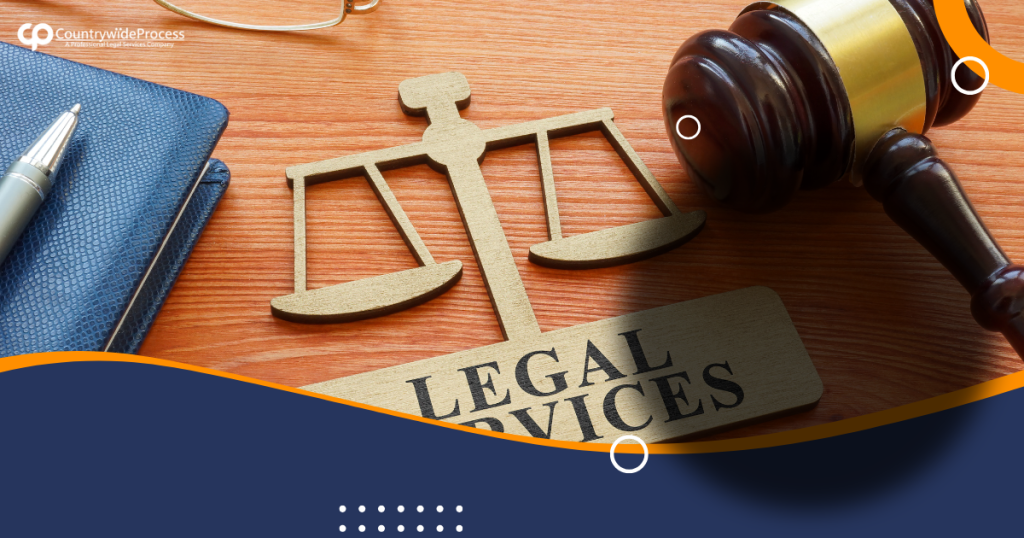Residents of South Carolina looking to serve an out-of-state subpoena can navigate the process quite easily, as the state is part of UIDDA-compliant U.S. states. In South Carolina, citizens are permitted to serve legal papers, eliminating the need for a county clerk or peace officer to carry out the action.
Specifically, individuals who are over 18 years old and not involved in the subpoena case can act as process servers and deliver a summons to the person(s) of interest. In addition to South Carolina residents, the sheriff, their deputy, and the court clerk are the legal entities allowed to serve the summons in South Carolina.
Continue reading below to gain a better understanding of how an out-of-state subpoena is served in South Carolina. Furthermore, we’ll recommend a reliable legal aid firm to handle all your process-serving requirements.
As mentioned, civilians, in addition to the sheriff, their deputy, and the court clerk, can serve legal papers in South Carolina, provided they are over 18 years old and not an attorney or related to the case in any way.
Moreover, the South Carolina Rules of Civil Procedure (SCRCP) govern subpoenas for proceedings in other states that comply with South Carolina’s Uniform Interstate Depositions and Discovery Act.
The Content of a Subpoena When it comes to the issuance of the subpoena, the court is the legal entity that responds to the motion. The following information must be included in the subpoena:
Before serving the subpoena, the court clerk must deliver the document, signed and sealed but otherwise blank, to the requesting party for further completion with the needed information.
Subpoenas can request the presence of a person in a trial, a hearing, or a deposition. However, since South Carolina is one of the U.S. states that have adopted the UIDDA guidelines, responding to an out-of-state subpoena does not necessarily mean being physically present in court.
Trust Countrywide Process LLC to Handle All Your Subpoena Domestication Matters for You Did you know you don’t have to lift a finger to serve legal papers to an individual, a company, or a legal entity? Yes, we at Countrywide Process LLC will do all the heavy lifting, so you can focus on what’s important to you.
Trust our team of experienced professionals to handle all sorts of legal services. We can assist with everything from Subpoena Domestication, serving divorce papers, or even help you summon an individual in court for personal injury cases.
Whatever your legal struggles are, we can help! Contact us to discuss your needs.

Countrywide Process
November 27, 2023